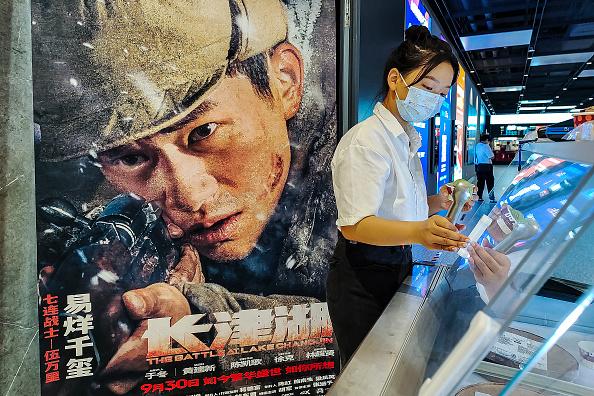Commentary
The Hong Kong police have raided several universities, attempted to make arrests, and clashed with student protesters who set up barricades to defend the campus. In particular, the Chinese University of Hong Kong (CUHK) was apparently the main focus of the police, and became a literal battleground. Many CUHK students suspect that the real goal of the police is to control the internet, as Hong Kong’s internet center which handles 99 percent of the city’s internet traffic is located inside the CUHK campus.


